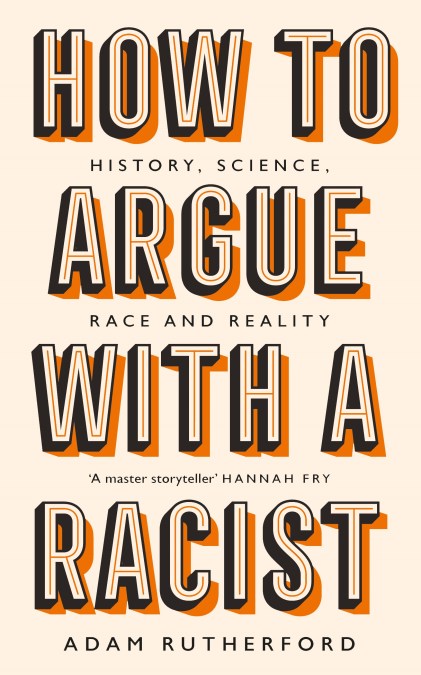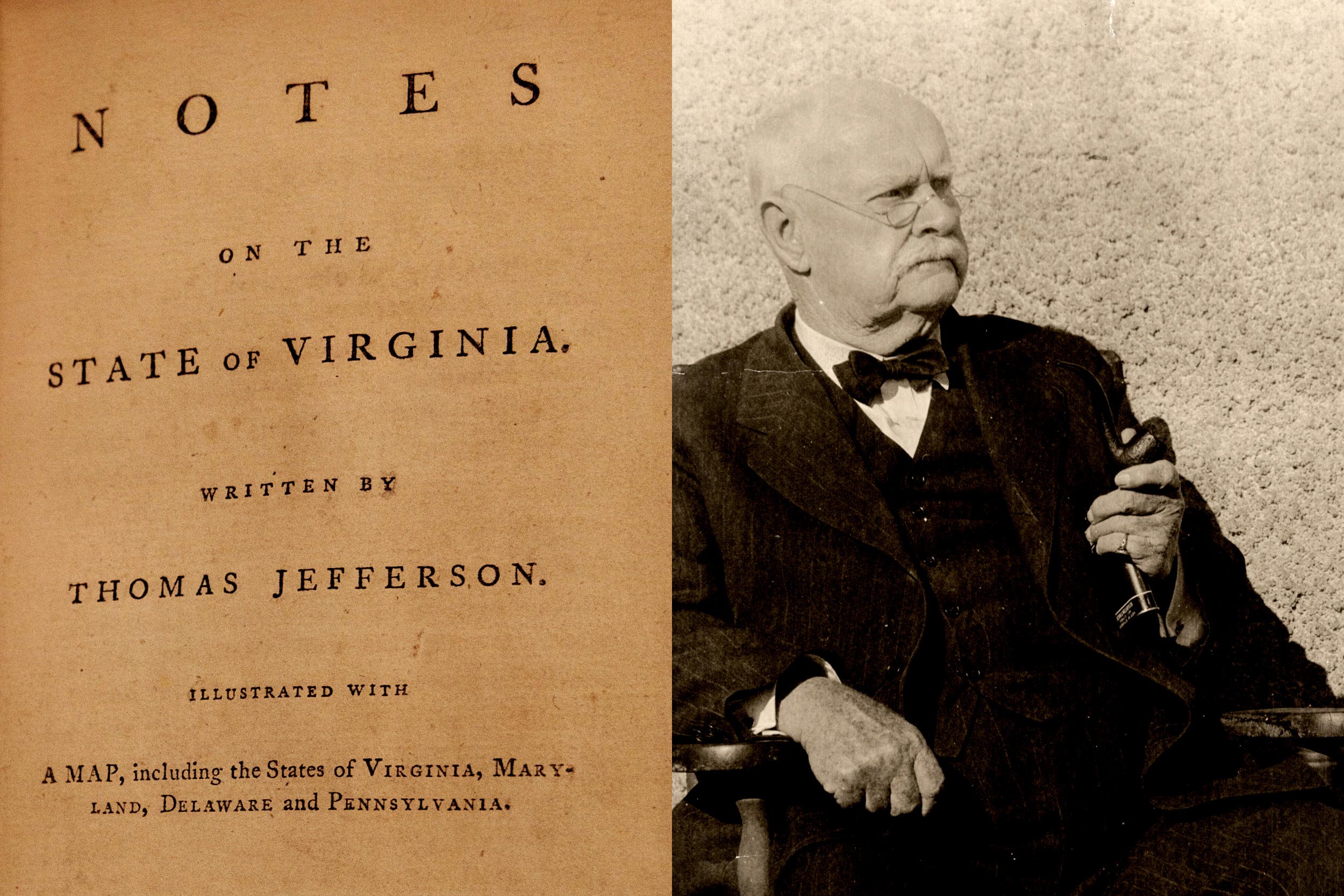University of Pennsylvania
Max Kade Center
3401 Walnut Street
Suite 329-A
Philadelphia, Pennsylvania
Wednesday, 2020-02-19, 16:00-17:30 EST (Local Time)
Terence Keel, Associate, Associate Professor, Department of African American Studies and the UCLA Institute for Society & Genetics
University of California, Los Angeles
The idea that so-called races reflect inherent biological differences between social groups has been a prominent aspect of Western thought since at least the Enlightenment. While there have been moments of refuting this way of thinking—most notably, the social constructionist thesis emerging as a dominant framework in the aftermath of WWII—fixed biological conceptions of race haunt new genetic technologies, where race is thought to be measurable at the molecular level. Keel argues that the resilience of this naturalized understanding of race may stem less from overtly political motives on the part of scientists and more from our inherited theological traditions that predate the Enlightenment and continue to shape and limit the intellectual horizon of scientific reasoning.
For more information, click here.








